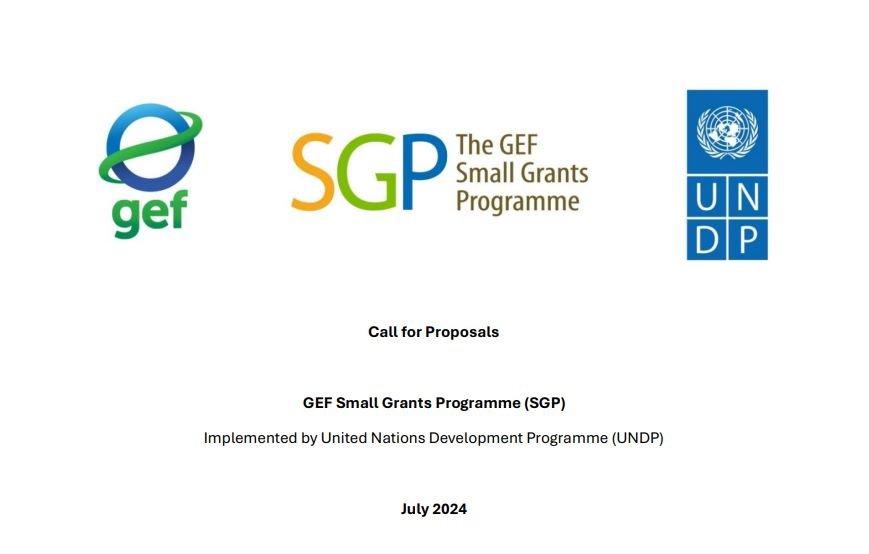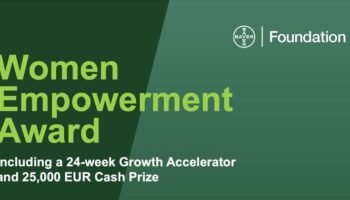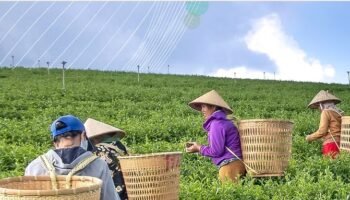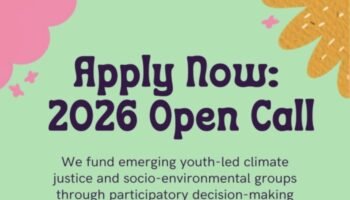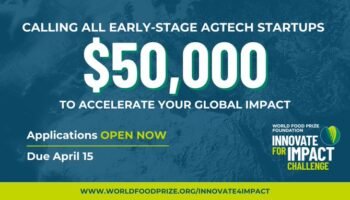Applications are open for UNDP GEF Small Grants Programme. The Global Environment Facility Small Grants Programme (GEF SGP) implemented by UNDP, awards grants on a competitive basis for initiatives implemented by civil society organizations, to enable them to implement environmental projects while at the same time supporting poverty reduction and local empowerment objectives.
The Seventh Operational Phase of the GEF Small Grants Program in Kenya aims to empower communities and organizations to take collective action through a participatory landscape planning and management approach aimed at enhancing socio-ecological resilience by producing global environmental and local sustainable development benefits. The project will do so by strengthening adaptive management capabilities, increasing technical know-how, developing planning and organizational skills, and strengthening innovation and experimentation capacities to enhance civil society’s capacity to build landscape resilience. The project will also invest in strategic projects to build knowledge and capacity and generate synergies among other smaller local actions, to build long-term ecological social and economic resilience in landscapes. This project aims to promote synergies, coordination, and collaboration among local actions to accrue results and acquire a critical mass of practitioners to achieve landscape-level resilience. The project has a strong commitment to attending the specific needs of vulnerable sub-groups within the communities that often tend to be placed on the margin of social processes – women, youth, and indigenous communities – by supporting their productive and sustainable initiatives and enhancing their participation in multi-stakeholder structures.
GEF Small Grants Programme Project Objectives
The objective of the project is to enhance and maintain the socio-ecological resilience of selected landscapes and seascapes through community-based initiatives in selected ecologically sensitive areas of Kenya for global environmental benefits and sustainable development.
The GEF-funded alternative will be delivered through two Components:
- Component 1- Resilient rural landscapes for sustainable development and contribution to global environmental protection
- Component 2- Landscape governance and adaptive management for upscaling and replication
SGP seeks proposals aligned to the 3 outcomes of Component 1, and one outcome of Component 2. A description of the outcomes appears below. Examples of typology of projects that will be considered for funding under each output is highlighted in Annex 1.
Under Component 1, the following outcomes are anticipated:
- Ecosystem services and biodiversity within targeted landscapes and seascapes are enhanced through multi-functional land-use systems.
- the project recognizes that one of the effective means of engaging various levels of community and government is through improved and integrated land use, while ensuring connectivity. This involves strategies of rehabilitating degraded ecosystems, fostering a shared understanding on the importance of ecosystem services and how best to manage them, and contributing to improved and sustainable land use.
- The sustainability of production systems in the target landscapes is strengthened through integrated agro-ecological practices.
- the project acknowledges that agriculture offers an entry by which sustainability measures can be promoted while supporting livelihoods. It is also a sector where there is room for innovation and sharing of best practices. Given that the project is primarily targeting rural communities, agriculture is the most relevant sector to address, as it is directly connected to livelihoods, sustenance, connection to the land and to traditions, supports the sense of community, and is most closely associated to the use of natural resources.
- Livelihoods of communities in the target landscapes and seascapes are improved by developing eco-friendly, climate-adaptive, small-scale community enterprises with clear market linkages
- The project seeks to strengthen communities’ livelihoods by promoting and upscaling sustainable enterprises. With its rich cultural heritage and diverse landscapes, the communities under this project have a plethora of activities at the local scale that could yield greater socioeconomic and environmental benefits. These enterprises need accompaniment, organizational development, and support in business planning to make initiatives profitable. They also require the opportunity to pilot various activities to see which can be managed by the communities, and which can be viable.
One of the outcomes expected in component 2 is as follows:
- Output- 2.2.1 Landscape/seascape learning supports community-level project management, capacity building, project monitoring, and learning,
- The project seeks to support local organizations in strengthening their organizational capacities, administrative practices, gender-responsive approaches and sensitivity to socioeconomic, ethnic, inequalities, ability to leverage funds, and upscale their sustainable practices. This is a core issue to ensure sustainability and to provide an incentive for participation on the parts of smaller organizations, which may have to sacrifice time/resources to participate in SGP multi-stakeholder meetings.
Funding Information
- GEF SGP awards grants only to civil society organizations on a competitive basis. These include national NGOs, Community-Based Organizations, (CBOs), Self-Help Groups (SHGs), a development arm of (i) financial institutions, and (ii) faith-based organizations. Partnerships with the private sector, national and county governments, and institutions of higher learning are highly encouraged. The maximum grant award for CBOs and SHGs is USD 30,000. The maximum grant for other CSOs is USD 50,000. The period of implementation will be approx. 18 months
Eligibility Criteria for GEF Small Grants Programme
- A non-profit, civil society organization, locally registered in Kenya with at least 18 months of experience in environmental conservation, natural resource management and/or sustainable development. A civil society organization that is not registered, may apply through their trusted partner.
- Be directly responsible for the preparation and management of the project, i.e., not acting as an intermediary.
- Have a bank account.
- Women and youth-led organizations, especially Indigenous, are strongly encouraged to apply.
- Indicate linkages with county integrated development plans.
How To Apply for GEF Small Grants Programme
Click Here to apply
Application Deadline: 26th July 2024
Elevate Your Business With Our Expert Services!


